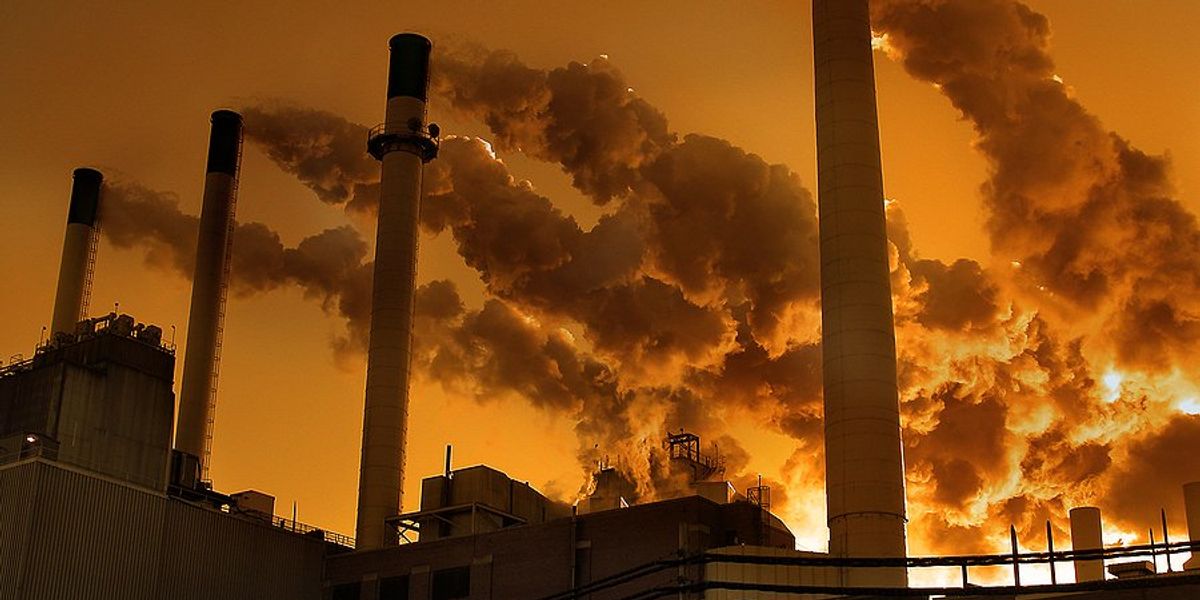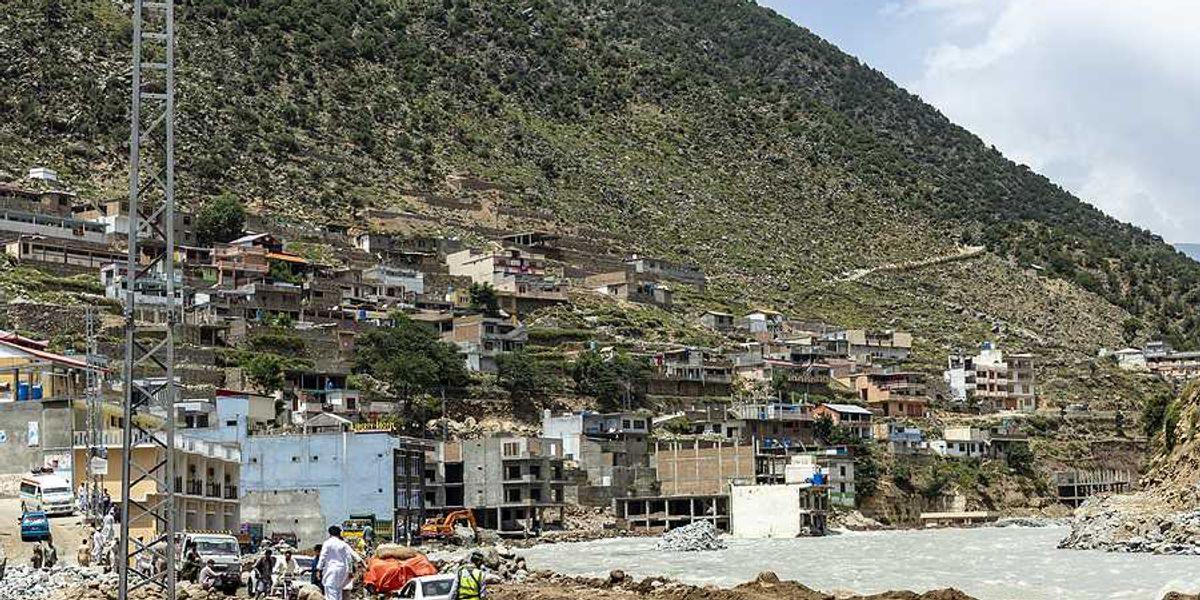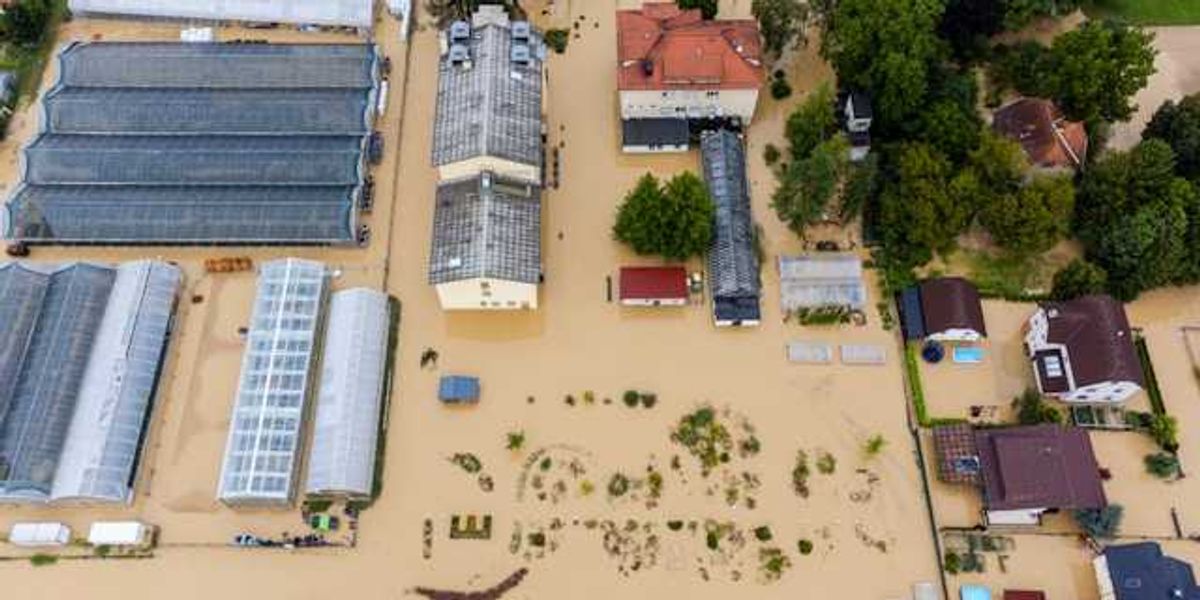Boston hospital offers solar-powered support for patients struggling to afford energy
When patients at Boston Medical Center couldn’t pay their utility bills, the hospital launched a solar-powered program to help cover their energy costs and support health needs.
Martha Bebinger reports for WBUR.
In short:
- Boston Medical Center’s Clean Power Prescription program uses solar panels to provide energy credits for patients with chronic health conditions, helping reduce their utility bills.
- The hospital’s 519 solar panels supply energy for both the hospital and patients, allowing those in financial need to save around $50 monthly.
- This initiative aims to address health risks tied to energy insecurity, like heat stress and respiratory problems, which impact lower-income patients disproportionately.
Key quote:
“To be able to connect those very patients with clean, renewable energy in such a way that reduces their utility bills is really groundbreaking.”
— Dr. Aparna Bole, U.S. Department of Health and Human Services
Why this matters:
This innovative approach sheds light on a glaring gap in healthcare—how climate resilience and health security are tightly intertwined, especially for low-income patients disproportionately impacted by respiratory issues, heat stress, and more. It’s a bold move that positions energy access as a basic health right. Read more: Reimagining healthcare to reduce pollution, tackle climate change and center justice.













